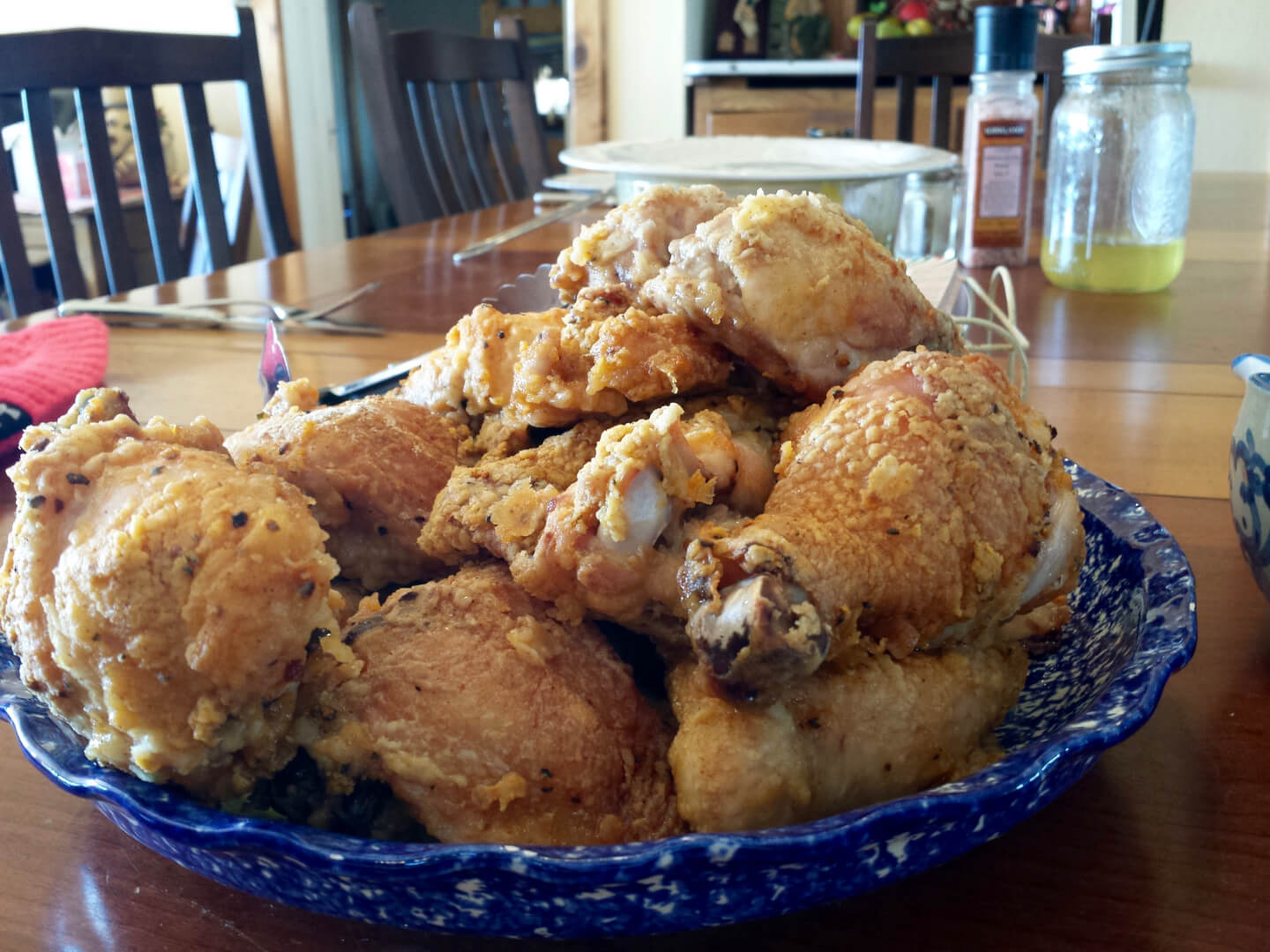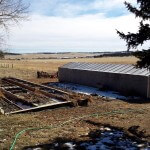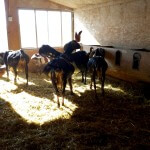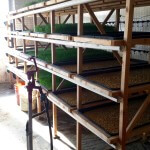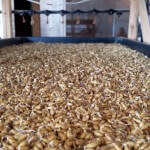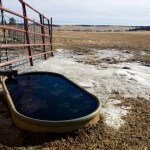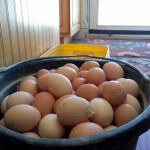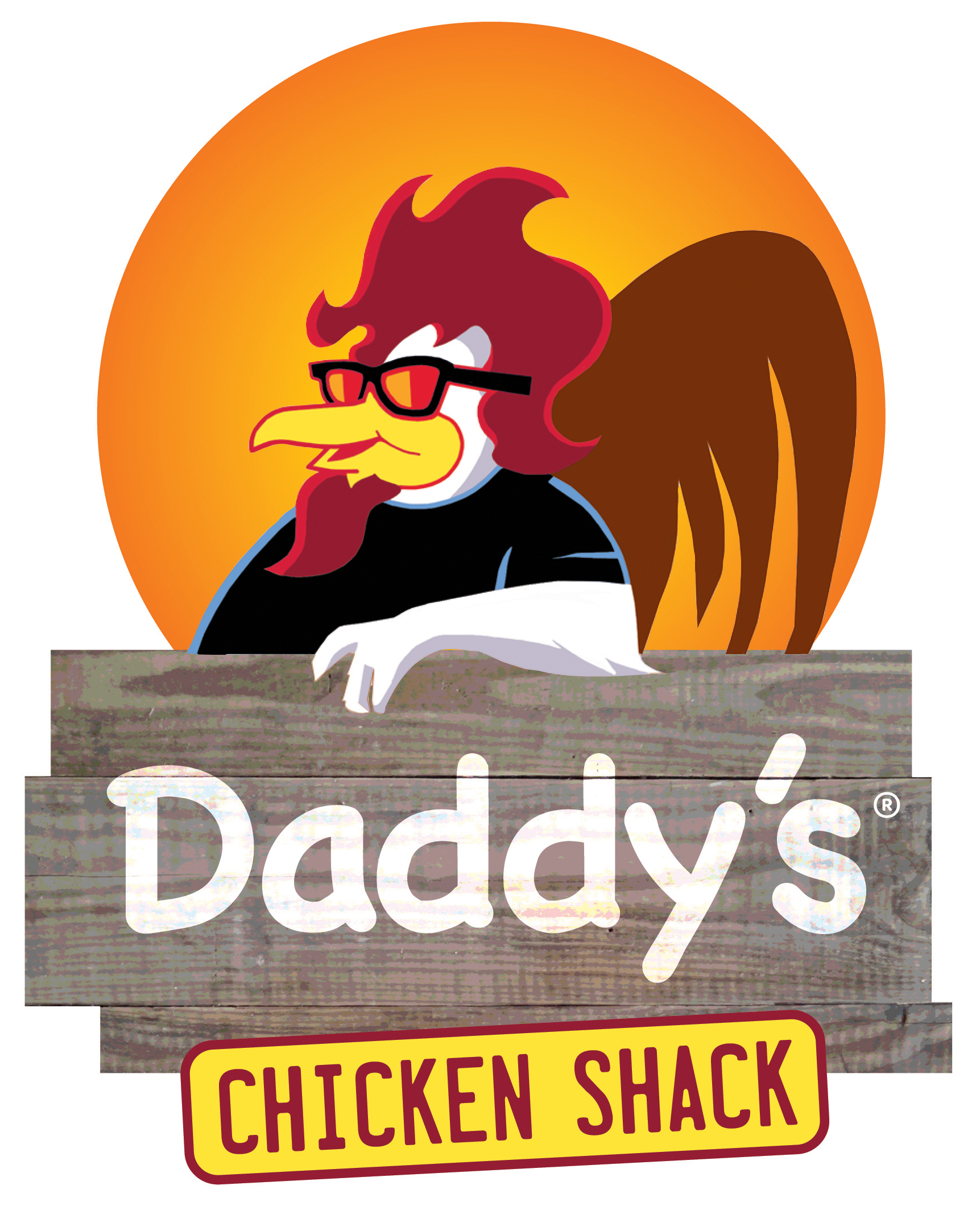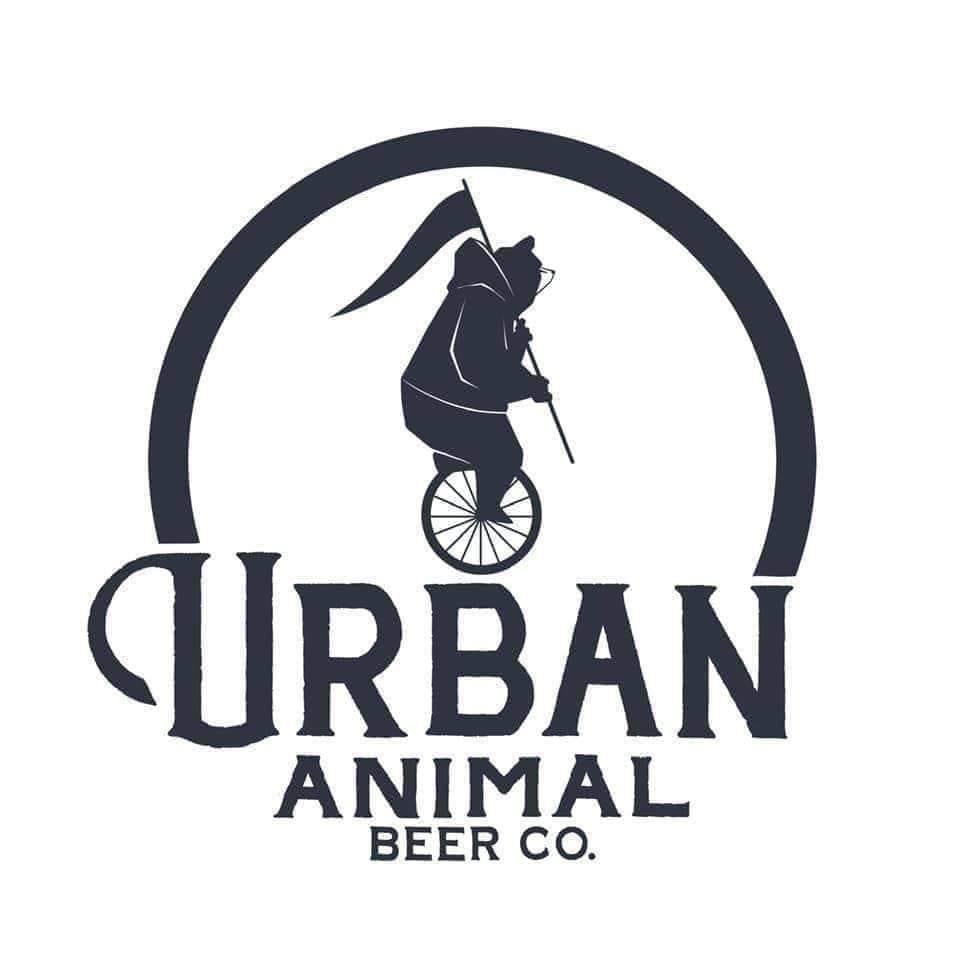I’m in the corner of a barn room covered in puppies — thick, fluffy wrigglers with blunt snouts, soft eyes and thin tails. Some are patched in light tan, markings of Great Pyrenees, but most of the 20 or so for sale look like clumsy cotton balls. It will be months before they can take on the task of guarding farm animals against coyotes, skunks and raccoons.
One climbs and stumbles their way into a large bowl full of food while siblings whine enviously from the edge. At the sound, first-time mommas Pearl and Q-Tip walk determinedly into the room, the year-old sisters dwarfing their combined litter. Nearby, proud papa Francis — also known as Mr. Handsome — surveys his family.
It’s just one scene of many on Country Fresh Farms, the boutique operation of Mark and Michelle Smith who recently invited the Food Report for a tour.
The year’s early months are harvest time for cuteness: baby goats and baby cows and baby chickens — and, of course, puppies. But there’s a lot happening at Country Fresh, a 100-year-old site 45 minutes from Colorado Springs in Elbert County. It’s home to Oreo-cookie-looking Belted Galloway cows, some 200 laying hens, and around 15 Nubian goats.
There are also bees and horses and plum trees and the expanding green house and a dirt patch that yielded 250 pounds of potatoes. In the distance, a new solar array helps to power the farm, which is still exclusively heated using wood, and a new, garage-sized chicken coop just lacks metal siding.
I ask Michelle, 57, if it’s just the two of them building and maintaining all this.
“It’s just him,” she says of husband Mark with a laugh. “I work. [The farm] is a ton of work. And our son and five of our grandkids live fairly close, and our grandkids are here a lot. They’re good help too.”
Michelle works in the oil and gas industry, leaving Mark to develop a farming framework that first came into existence 11 years ago, when they found out one of their grandkids couldn’t drink store-bought cow’s milk.
“And so we started buying goat milk from a lady we knew who was milking. And then we thought, ‘Let’s get a couple goats,'” says Mark, 58. “Our first goat was a goat from hell. But once we got into it and started doing it, then we thought, ‘Well, we’ve got some land, let’s get a few cows and get some chickens.’”
The animals’ care offers a lot for locavores to like. The Smiths call their farm “organic-based,” a needed technicality because it hasn’t undergone the certification process. But all grains fed to the animals are organic and GMO-free, with no soy or corn used. The hay is unsprayed alfalfa; and the chicken feed is soon to be buoyed by protein from new worm beds.
But the thing that sets Country Fresh apart from almost any other farm in Colorado is inside a warm, humid room that hums with the sound of a blowing fan. Sunlight reveals a home-built wooden rack system holding trays of what looks like the happiest grass on Earth. It’s organic sprouted barley, hydroponically grown by the Smiths and fed to their animals in 50-pound allotments.
“It’s up to 600 times more nutritious than dried grain,” says Michelle. “It’s super nutrient-dense. It just has made our animals extremely healthy.”
Driven by the need to supplement hay after costs rose 300 percent during the drought, the Smiths researched the growing practice, which is popular in Australia. (Mark built the current system, though it’s possible to buy a similar one for around $9,000.)
She demonstrates taking the barley, which comes from a mill in Longmont, and pouring it into perforated Home Depot buckets were it soaks in water and a little bit of hydrogen peroxide (for the mold). It’s then spread in trays, growing to the desired length in about seven days.
The sprouts have been a major boon for their animals’ health, with the couple’s best milk goat —a one-toothed beauty named Kate — coming back from the brink of death to birth triplets.
“We’re not perfect by any means, and we’re not religious about it, but we really think that it is true: You are what you eat,” says Michelle. “And at some point in our American society, our diets over the last 50 years have steadily gone downhill. And we’re paying for it.”
On the agenda is a plan to expand their cattle herd, driven by demand for cow’s milk from the Pikes Peak region. Michelle calls Colorado Springs “almost more health-conscious than Denver” with most locals placing weekly orders for beef, eggs and chicken and picking them up from a location in Briargate.
After all this quintessential rural love, it only figures that our day would finish with a hefty lunch. The large dining table next to an iron wood stove held salad, Amish oven-fried chicken — Country Fresh supplies meat birds in the summer —and mashed acorn-squash laced with maple syrup. Next to it sat piles of spelt biscuits with homemade plum jam and house honey. Coffee, vanilla ice cream and homemade toffee bars finished the daydream.
It was an epic spread, and makes even more sense when you consider the amount of work to be done every day. On the professional end, the couple hopes to continue construction to the point where it’s possible to host events — dinners with chefs cooking food farmed feet away.
So far, so good.
“We had our best year ever last year,” says Mark. “And when we started out, the first goal was get the infrastructure done, get to the point where the farm’s paying for itself. Then from there we can work toward it’s making a profit. So I think we probably came real close to breaking even last year. And this year, things look pretty good.
“We’ll see what happens.”
[Images: Bryce Crawford]






